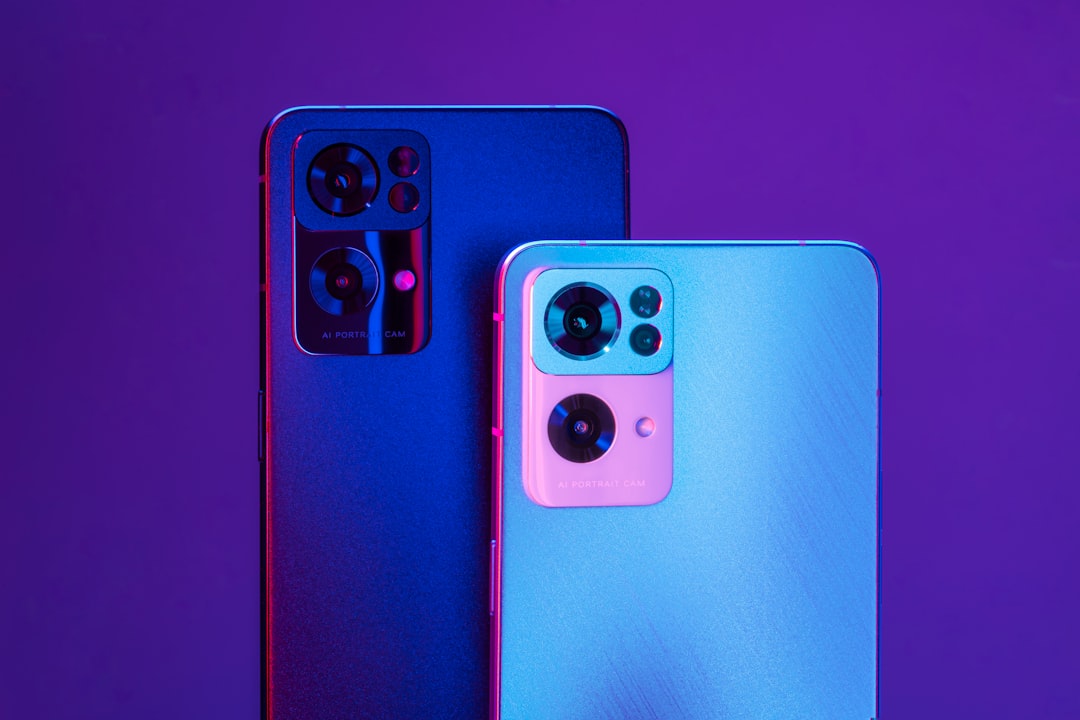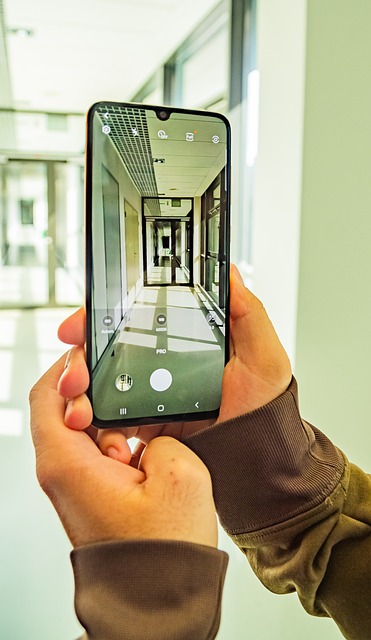Thomasville, North Carolina, leads in neurotechnology governance by tackling spam call law firms' BCI (Brain-Computer Interface) usage. Its strict guidelines on transparency and user consent prevent abusive practices, fostering a safe environment for legitimate BCI applications while addressing legal challenges posed by emerging technologies.
In an era where technology pushes boundaries, Thomasville emerges as a beacon in navigating the intricate landscape of Brain-Computer Interface (BCI) communication laws. This article delves into Thomasville’s unique approach, specifically addressing North Carolina’s stringent spam call regulations and their implications for BCI firms. We explore how Thomasville protects users while fostering innovation, making it a crucial case study for understanding the legal intricacies surrounding this cutting-edge technology, especially in the context of spam call law firms in North Carolina.
Thomasville's Unique Approach to Brain-Computer Laws

Thomasville, a city in North Carolina, has taken a unique and forward-thinking approach to Brain-Computer Interface (BCI) communication laws. Unlike many jurisdictions that are still grappling with the ethical and legal implications of BCIs, Thomasville has pioneered a comprehensive regulatory framework that not only addresses the technological advancements but also considers the potential impacts on individuals’ privacy and safety.
The city’s strategy involves a multi-faceted approach, focusing on both prevention and regulation. They have implemented strict guidelines for spam call law firms using BCI technology, ensuring that such practices are transparent and user-consent-driven. This proactive stance sets Thomasville apart as a leader in neurotechnology governance, fostering a balanced environment where innovation can thrive while safeguarding the rights of its citizens.
Navigating North Carolina's Spam Call Regulations

In North Carolina, navigating the complex landscape of spam call regulations is crucial for both businesses and law firms operating within the state. The state’s laws are designed to protect residents from unwanted and harassing phone calls, ensuring a peaceful and respectful communication environment. These regulations are particularly relevant in the context of Brain-Computer Interface (BCI) communication, as they set standards for how automated systems should interact with individuals.
Law firms specializing in spam call law play a vital role in helping businesses understand and comply with these rules. By staying updated on North Carolina’s specific requirements, these legal experts can guide companies in implementing appropriate measures to prevent unwanted calls. This includes ensuring that BCI-powered communication systems adhere to the state’s guidelines, thus fostering a harmonious relationship between technological advancements and consumer protection.
Legal Implications for Brain-Computer Interface Firms

The emergence of Brain-Computer Interface (BCI) technology has opened up new possibilities, but it also presents significant legal challenges for firms operating in this field. In North Carolina and across the nation, strict regulations are in place to protect users from potential harm and misuse of such advanced technologies. One notable concern is the overlap between BCI communication and telecommunications laws, particularly regarding spam call laws. As BCIs may facilitate direct neural interactions, any unauthorized transmission or receipt of brainwave data could be considered a violation.
Firms developing and employing BCI technology must navigate complex legal landscapes to ensure compliance. This includes understanding consent requirements for data collection and usage, privacy protections, and the potential implications of data breaches involving sensitive brainwave information. Moreover, with the rapid advancement of this technology, legal frameworks are constantly evolving, necessitating ongoing vigilance to stay ahead of regulatory changes that could impact their operations and client interactions.
Protecting Users: Thomasville's Strategies in Focus

Thomasville, a city in North Carolina, has taken a proactive approach to protecting its citizens from potential abuses related to Brain-Computer Interface (BCI) communication technologies. With advancements in BCI offering immense potential for both medical and non-medical applications, there’s a growing concern about user privacy and data security. Thomasville’s strategies focus on enhancing existing laws targeting spam call law firms, which can be extended to regulate the use of BCIs that might exploit users’ neural pathways for malicious purposes.
The city has implemented measures to ensure informed consent from individuals participating in BCI trials or treatments, strict guidelines for data collection and storage, and robust privacy protections. These initiatives aim to prevent unauthorized access to personal information and prevent any form of manipulation through BCI technologies, especially considering the sensitivity of neural signals. Thomasville’s lead in this area sets a precedent for other municipalities across the nation, demonstrating a commitment to protecting citizens from emerging technological risks.






